With great victories in Flat racing you witness hats-in-the-air exultation. You see the pride of trainers who nurtured the winner to full potential or of jockeys who timed their challenge perfectly. Sometimes you even spot the quieter satisfaction of the owners and breeders who framed the mating that brought it all about. But much of the joy springs not from the victory itself but from the oodles of cash the winner is now worth at stud. In jump racing that financial bonus is lacking and yet the raw emotion often seems ten times as intense, as we saw after Rule the World won this year’s Grand National.
The winning trainer, Mouse Morris, was literally speechless. The winning owner, the normally irrepressible Michael O’Leary, choked on TV as he tried to tell his sons how much it meant. The winning jockey was damp-eyed and his brother was in tears. True, there was a special factor. Although no worldly success can compensate for the death of a 30-year-old, racing folk have wanted good things to happen to Mouse Morris since he lost his son Tiffer in a carbon-monoxide poisoning accident and this was his second National in a fortnight, having just won the Irish version with Rogue Angel. Maybe now, feeling there is someone up there helping him, the trainer will give up his 60 cigarettes a day. The man who makes Boris Johnson look like a brilliantined matinee idol might even have a haircut.
There were hard-luck stories. Overnight soaking of the course probably wrecked the chances of last year’s first two — Many Clouds and Saint Are — who both ran prominently first time round. Many Clouds was anchored by his top weight and was last of 16 finishers (five of the first six home being Irish-trained).
Bryan Cooper, Michael O’Leary’s retained jockey, picked the wrong one when preferring Mouse Morris’s other runner First Lieutenant, only to fall at the second. But sporting owner Alan Halsall must wonder what he has done to irk the Fates. His useful Bishop’s Road, trained by this season’s new star Kerry Lee, was the first reserve for the National from which there was one dropout. But the scratching of O’Faolain’s Boy did not come early enough and they ran Bishop’s Road in the Topham Trophy on Friday instead — only for him to fall at the first. When I commiserated, Alan merely smiled and said, ‘That’s racing.’ He deserves some luck next year.
The National, which saw three horses charging over the last with every chance, was the race that had everything. Since handicapper Phil Smith has been compressing the weights to encourage more top-class animals to take part, and since the BHA and the Aintree authorities have eased the fences, it is supposed to have become a predictable affair. Oh yes? The 33–1 winner, who had twice recovered from a broken pelvis, had never won over fences before. This time last year the same applied to his 19-year-old jockey Danny Mullins, who was having his first National ride. For good measure Vics Canvas, a 13-year-old 100–1 shot who finished third, was also ridden by an Aintree debutant in Robbie Dunne.
Diehards may have muttered over the fence and course changes but the Aintree team has been vindicated. I don’t want to tempt providence but importantly this was the fourth year we have had a National with no equine casualties and from the oohs and aahs around me in the stands as the spruce went flying it was clear that for 99 per cent of its audience the National has lost nothing as a spectacle.
It used to be that the Cheltenham Festival was a festival of racing and Aintree’s meeting a festival of Merseyside, but no longer. This was top-class racing over three days with the likes of Douvan, Annie Power and Apple’s Jade on display in a season when the previously unsung Colin Tizzard has mopped up more Grade Ones than Nicholls and Henderson combined, taking three more at Aintree with Cue Card, Thistlecrack and Native River. After Cue Card’s costly fall at Cheltenham, both trainer and jockey have emerged with credit for their honest reactions and they provided the perfect response.
Just two thoughts: it was symptomatic of jump racing’s current problem of all the jam sticking to the top and a sign of the intensity of the race to be top trainer in Britain that Willie Mullins had four in this year’s field of 39 and Paul Nicholls had six. That is more than a quarter of the field in the People’s Race, a handicap in which the little guys are supposed to have their chance. It was sad, too, that Pineau de Re, winner two years before, did not make the cut. Aintree horses are often specialists and the jumping public like to see their heroes. Maybe there ought to be some automatic inclusions, like the winners of certain races, whatever their handicap marks. I know the BHA is looking at that and I hope it will find a way.
Got something to add? Join the discussion and comment below.
Get 10 issues for just $10
Subscribe to The Spectator Australia today for the next 10 magazine issues, plus full online access, for just $10.
You might disagree with half of it, but you’ll enjoy reading all of it. Try your first month for free, then just $2 a week for the remainder of your first year.

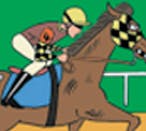
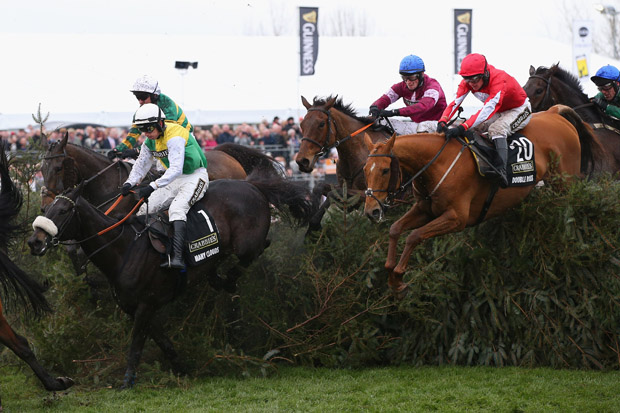
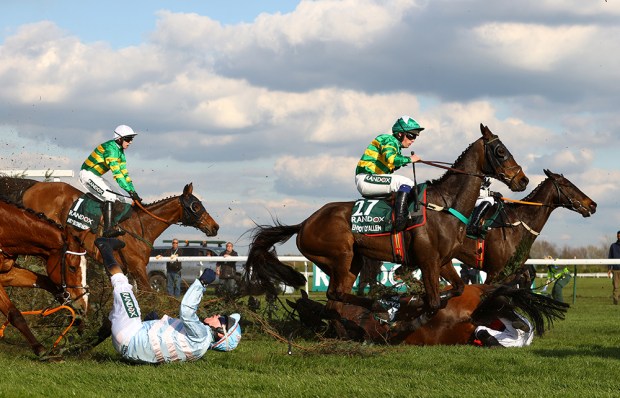
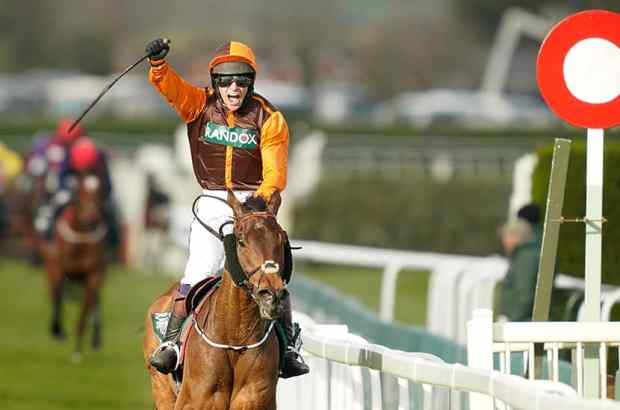
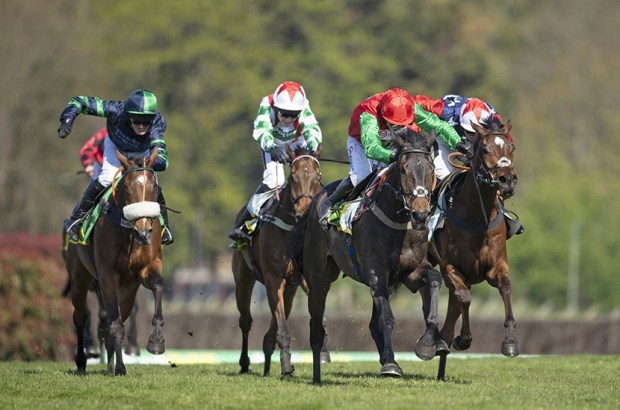
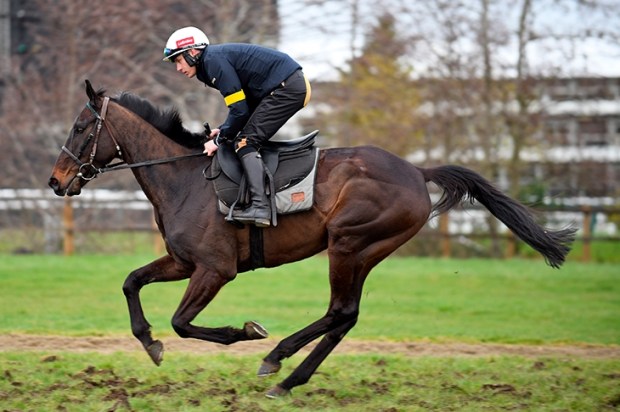
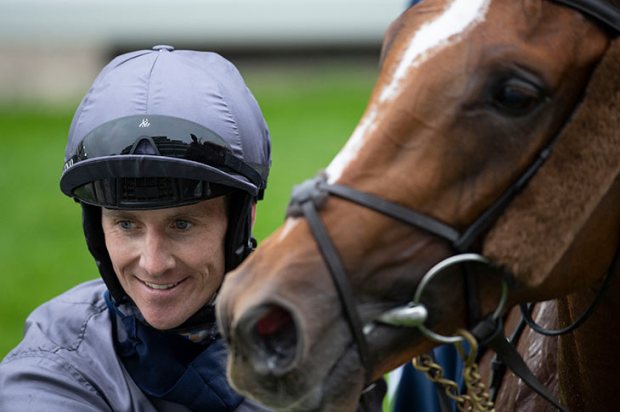
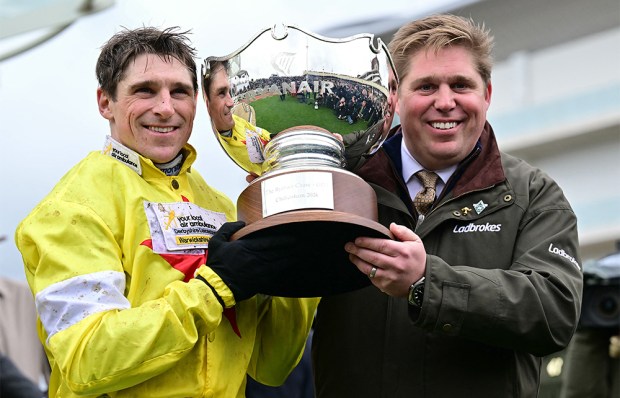






Comments
Don't miss out
Join the conversation with other Spectator Australia readers. Subscribe to leave a comment.
SUBSCRIBEAlready a subscriber? Log in